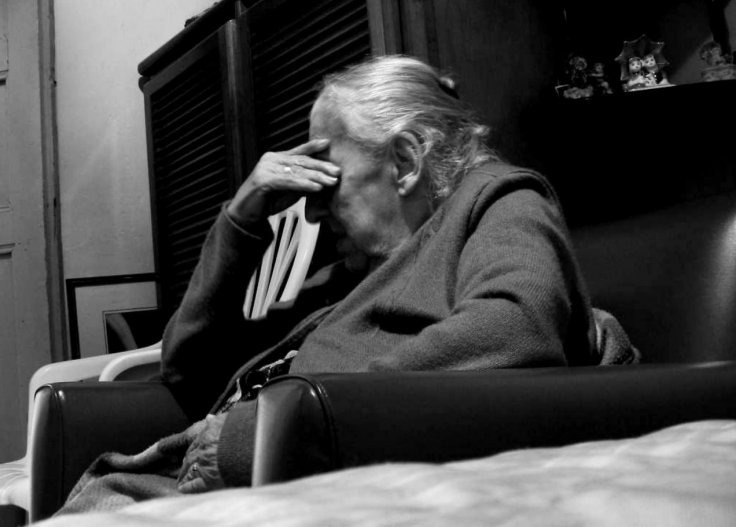Australian researchers have found that rates of elevated psychological distress, including depression and anxiety symptoms, were found among adults during the peak of the COVID-19 outbreak. The acute and long-term mental health impacts of the COVID-19 pandemic are largely unknown, the study, published in the journal PLOS ONE reported.
"Research into previous pandemics has shown higher rates of illness fears, psychological distress, insomnia, and other mental health problems in people with pre-existing mental illness, front-line health care workers, and survivors of the disease," said study authors from the University of New South Wales (UNSW) in Australia.
In the new study, the research team used an online survey to examine mental health responses to the pandemic among 5,070 Australian adults. The online questionnaire asked participants about their fears, behavioral responses to Covid-19, psychological distress, alcohol use, and physical activity.
Coronavirus and Depression, Anxiety

The population included in the survey was not representative of the overall population; 70 percent had pre-existing mental health diagnoses, 86 percent were female, and 75 percent were Caucasian. Although few participants had contracted Covid-19, more than one-quarter (25.9 percent) were very or extremely worried about contracting the virus and more than half (52.7 percent) were very or extremely worried about their family and friends.
While the questionnaires could not be used to make any diagnoses, most participants reported that their mental health had worsened during the outbreak, with 55 percent saying it had worsened a little and 23 percent saying it had worsened a lot.
Around half of all participants reported moderate to extreme loneliness and worry about their financial situation. Between 20.3 and 24.1 percent of people surveyed had been experiencing severe or extremely severe levels of depression, anxiety and stress over the week preceding their survey, and another 18 to 22 percent had moderate symptoms.
"We wanted to provide a snapshot of the mental health of the general community during the Covid-19 outbreak and look into the impact of the enforcement of social distancing laws, in Australia," the study authors wrote. "We don't know what the long-term impacts of the pandemic will be, but these figures certainly show a negative impact on mental health in the short-term," they noted.
Another study, published this week in the Journal of Medical Internet Research, revealed that college students were more anxious and depressed during the initial phase of Covid-19 compared with a similar period in previous academic years. Last month, a study published in the journal CMAJ, also showed that children and young people were experiencing indirect adverse effects of the pandemic on their mental and physical health.









